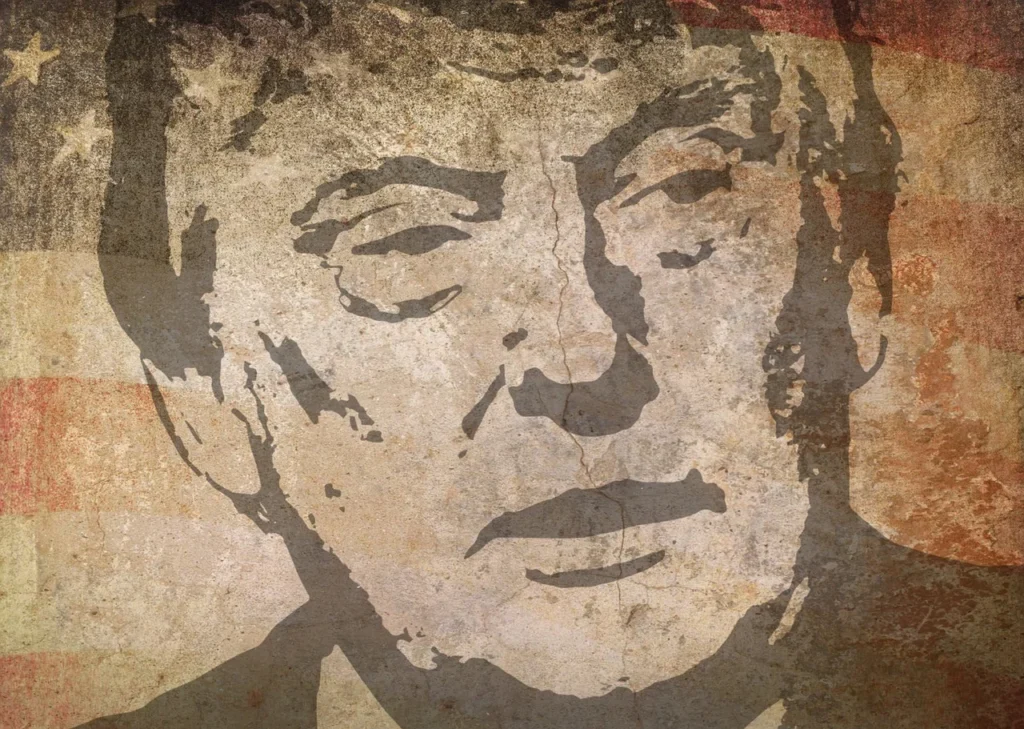
Donald Trump has increased pressure on Brazil. With new tariffs and sanctions against Supreme Court Justice Alexandre de Moraes, the crisis has deepened. Both the public and the government are now asking: why is the U.S. waging a battle against Brazil’s sovereignty?
The Bolsonaro Case and Foreign Interference
The crisis began with the trial of former President Jair Bolsonaro, accused of attempting a coup after the 2022 elections. Trump, a close ally of Bolsonaro, criticized the trial and called it a “witch hunt.” In response, the U.S. sanctioned Alexandre de Moraes, accusing him of abuse of power and human rights violations.
Tariffs and Their Impact on Brazil’s Economy
In addition to sanctions against Moraes, the U.S. raised tariffs by 50% on key Brazilian exports like coffee and beef. This could hurt nearly 36% of Brazil’s exports to the U.S., leading to major economic losses.
How Economic Persecution Can Cripple Nations
U.S.-driven sanctions and punishments can severely damage countries like Brazil. These actions restrict international trade, discourage foreign investment, and raise the cost of imports and exports. The result is lower production, rising unemployment, and higher prices. Ultimately, it’s ordinary people who suffer — paying the price for political decisions beyond their control.
Sanctions May Lead to Rising Unemployment and Poverty
As the economy weakens due to sanctions, businesses often shut down or lay off workers. Unemployment rises, and more people are left without income. With less money circulating, poverty spreads, and families struggle to cover basic needs like food, housing, and healthcare.
Brazil’s Response
The Brazilian government has called the sanctions a clear interference in national sovereignty. Leaders, including those from the Supreme Court, have defended Alexandre de Moraes, insisting that the Brazilian justice system must remain independent and free from foreign pressure.
The Road Ahead
While Brazil seeks international support and considers its next steps, the population is already feeling the effects of U.S. sanctions. The government must act quickly to protect the nation’s interests and reduce the impact on its citizens.
A Power Struggle Over Sovereignty
Donald Trump has launched a serious power struggle against Brazil’s sovereignty. By imposing sanctions and interfering in internal decisions, the former U.S. president has turned political disagreements into a global power conflict. With its economy already under strain, Brazil now faces pressure from a superpower determined to assert its will — using trade, diplomacy, and even financial systems as weapons.
References
- Reuters – Brazilian banks scramble to understand scope of US sanctions on Supreme Court justice
- AP News – US sanctions Brazil’s Supreme Court justice overseeing trial against Trump ally Bolsonaro
- Financial Times – Brazil vows to defend supreme court against Donald Trump’s onslaught
- Reuters – Brazil sees 35.9% of exports to US facing steeper tariff
- The Guardian – ‘Classic tinpot dictator’: Trump exports his assault on democracy to Brazil
